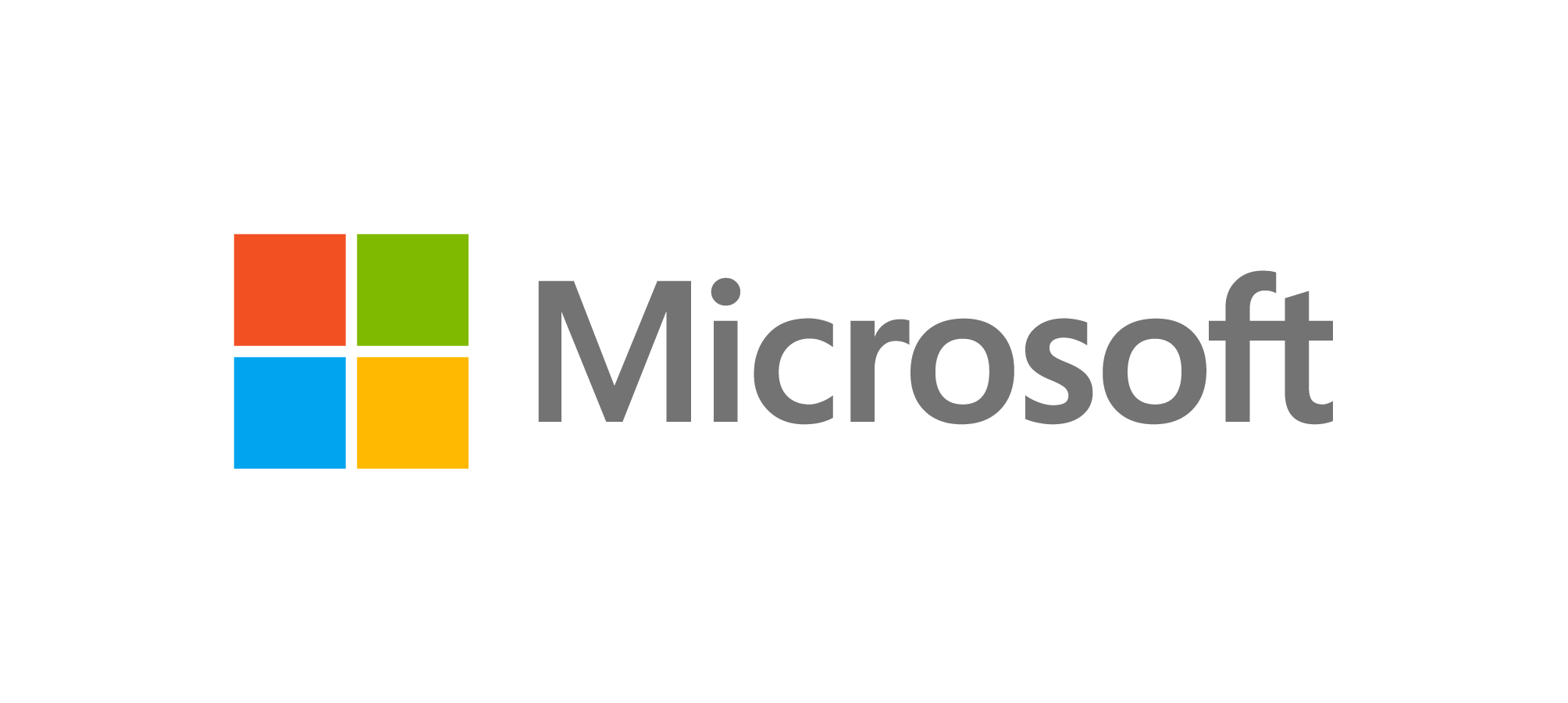Power up. From supercharging employee productivity and streamlining processes to inspiring innovation, Microsoft’s AI is designed to help you build the next big thing. No matter where you're starting, push what's possible and build your way with Azure's industry-leading AI. Check it out.
While it may seem like startups and Big Tech companies never miss an opportunity to crow about a new AI tool, for Gecko Robotics, incorporating AI into its robots wasn’t a marketing ploy or a twinge of FOMO: It was a matter of life and death.
Pittsburgh-based Gecko, which manufactures a line of robots capable of inspecting everything from military ships and missile silos to pipelines and boilers, faced a critical problem in 2018. One of its clients, co-founder and CEO Jake Loosararian told Tech Brew, was experiencing repeated shutdowns at a chemical site due to pressure tube explosions.
Loosararian knew that to figure out what was going wrong, his team would have to parse “terabytes of acoustic data sets.”
He says what happened next is “like folklore at the company”—Gecko sent an email offering every employee $1,000 to help analyze the raw data by looking for patterns and anomalies and writing sorting algorithms. The whole company, then around 100 people, “literally spent 24 straight hours” going through thousands upon thousands of readings, Loosararian said.
“At that point, we were dealing with, one, really important information; if we don't get this right, it could take down a facility and hurt somebody, potentially kill them,” he said. “But then, two, to get the answers right, you just need a crap ton of data…So at that point, 2018, we just realized we have to figure out ways of using machine learning and neural nets to be able to parse through all this information.
“And so that’s kind of where the journey began. But it was birthed from an excruciatingly painful experience that if we got it wrong, it could have killed people.”
In the beginning: But let’s back up. Loosararian first got the idea for Gecko in 2013 as part of a project as a student at Grove City College, a small school about 60 miles north of Pittsburgh. A nearby coal-fired power plant was suffering “pressure tube explosions about 14 times a year,” he said, events that shuttered the plant and cost both lives and millions of dollars.
At the time, Loosararian said, the plant was conducting “health scans” of the infrastructure utilizing a person on a rope with a handheld sensor. He said it struck him as “crazy” that this was the process for “understanding the health of some of the most important structures that we all depend on.”
“And it’s also super dangerous,” he added. “And so fundamentally, it’s really hard to predict where things are going to have problems. We don’t have any data. We don’t have any useful information or data about the built world…That’s where the idea kind of came from. So, how do you get data on things? It’s kind of where robots come in.”
AI incoming: Gecko’s initial goal was to use those robots to collect a huge trove of bespoke data. Its TOKA unit, for example, is a wheeled robot that adheres to the side of tanks (and other metal objects) using strong magnets. A stream of water from the base of the robot provides lubrication to conduct an ultrasound and pinpoint defects or corrosion inside the tank.
Once the robots were deployed, the data started rolling in. After initially relying on “rudimentary” machine learning, Loosararian said Gecko implemented AI tools seven years ago to make sense of the data from “trillions of acoustic signals” and identify defects in different materials.
“We’ve had to be able to create tools that are able to take a bunch of signals, data from robots that are climbing walls or that are capturing visual images or walking around, and turn that into something that’s driving a useful outcome, whether it be understanding the cause of the damage occurring [or] determining what sorts of corrosion’s happening,” Loosararian said.
That combination of robotic inspections and AI-juiced decision-making software has the potential to prevent myriad ills, he said, which is of particular interest to Gecko’s clients, a list that includes Marathon Petroleum, Siemens Energy, Mitsubishi, and the US Air Force and Navy.
“Because if I make a mistake, it goes boom, and if it goes boom, I get fired. I kill people. Environmentally, it’s really bad. The stock price of my company goes down, all these really bad things,” he said.
While identifying small flaws has obvious benefits from a maintenance standpoint, using AI to sort through all of Gecko’s data could also influence how physical infrastructure is built in the future. The data “informs very much how you build, and what ways and materials are used to build smart infrastructure…that gives us feedback on data sets that might be really relevant both for the health and longevity of a critical asset,” Loosararian said.
“I very much think about how AI helps us build smarter infrastructure,” he said.


